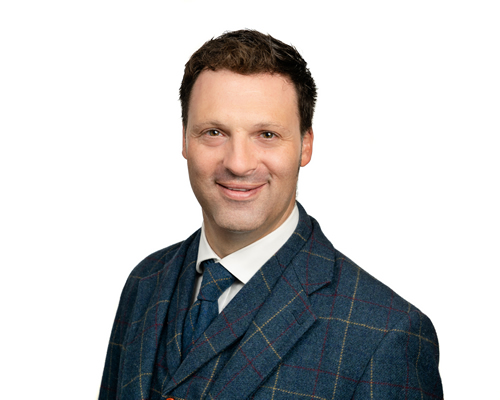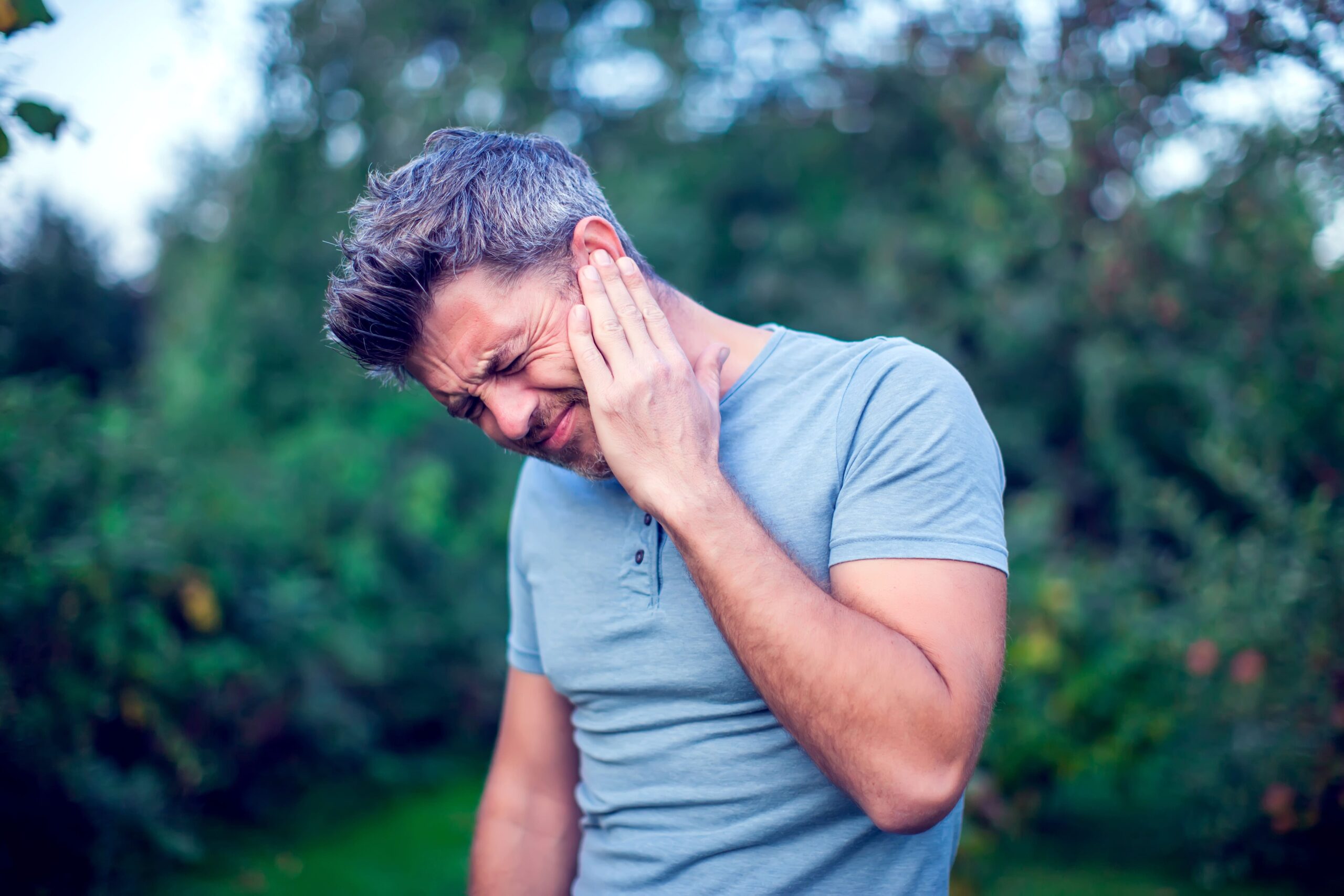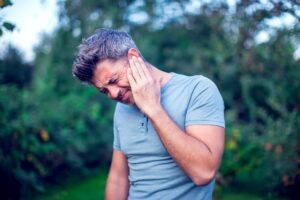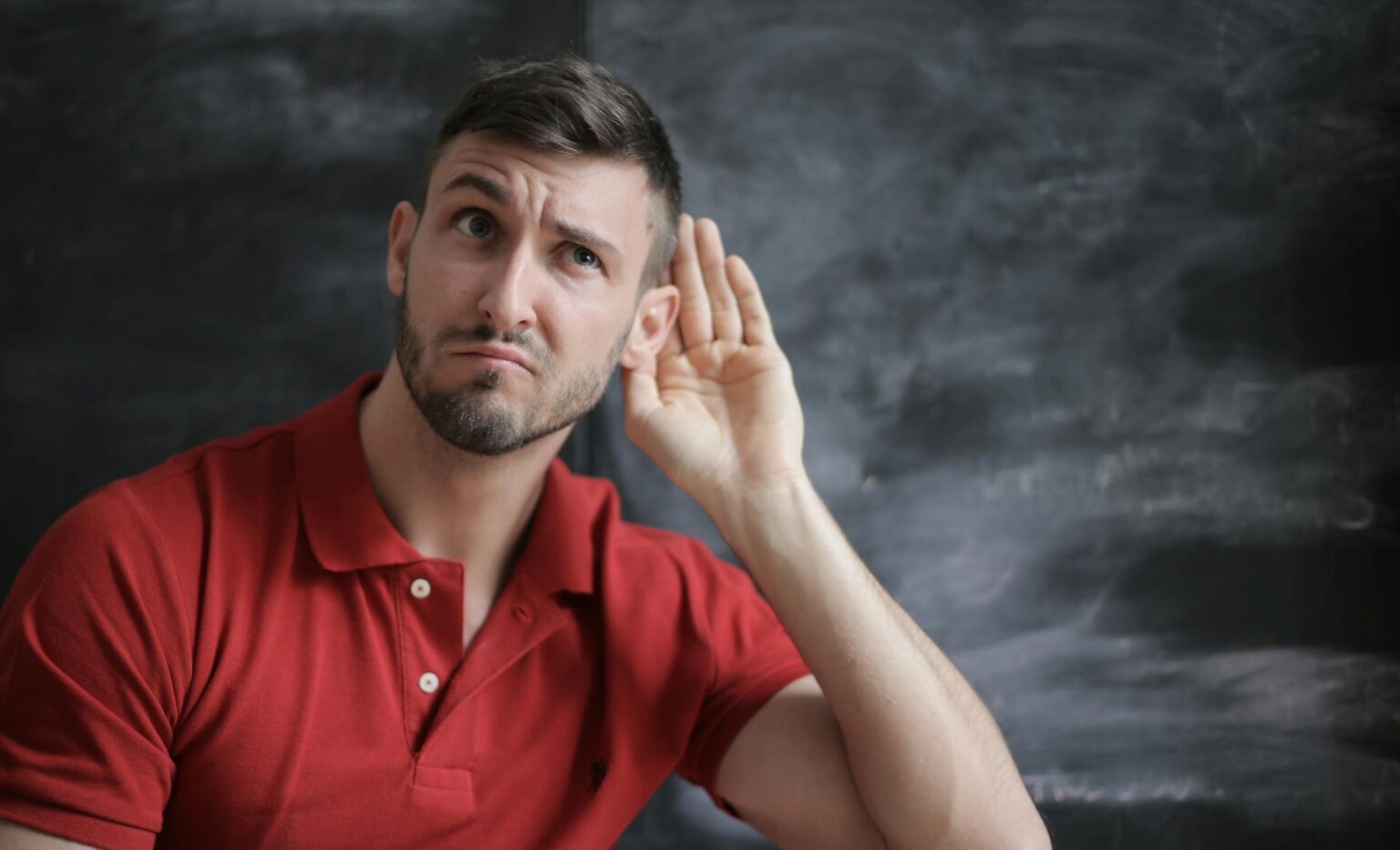Swishing sounds in your ear can be distracting, irritating, and persistent – and could be due to something as simple as a build-up of wax or may be linked to an ongoing condition or hearing loss problem such as tinnitus. But what causes a swishing sound in the ear?
Thousands of people experience unusual noises that originate from inside the ear or brain, perhaps swishing, ringing, or whooshing, and we always recommend having one of our talented audiology teams check them out to ensure you understand the cause.
Related reading: What causes a whooshing sound in the ear?
Although less common, some people hear a swishing or thumping sound that follows a consistent beat or sounds like their heart rate. This symptom could potentially mean you are suffering from pulsatile tinnitus, which should be treated swiftly to prevent it from worsening.
Key Takeaways:
- Common Causes of Swishing Sounds: Swishing sounds in the ear can result from various issues, such as water or wax build-up, tinnitus, or pulsatile tinnitus, which may be linked to conditions like hypertension. These sounds can be continuous or occasional and may require a professional assessment to determine the exact cause.
- Assessment and Diagnosis by Audiologists: Audiologists perform comprehensive hearing evaluations to identify the cause of the swishing sounds. This includes checking for blockages, infections, ear wax, and conditions like tinnitus. Advanced testing methods help map the specific noises, aiding in accurate diagnosis and effective treatment recommendations.
- Treatment and Management: Depending on the cause, treatments can range from simple ear wax removal to innovative sound therapy for tinnitus. Pulsatile tinnitus, potentially linked to medical conditions such as anaemia or hypertension, may require further medical intervention. Immediate relief is often possible, and tailored hearing restoration therapies aim to improve hearing quality and reduce noise disturbances.
Possible Causes of a Swishing Sound Inside Your Ear
There are all sorts of reasons you may hear a swishing sound in one or both ears, either some of the time or continually. These can include:
- Having water stuck inside the ear, often due to swimming or bathing, where the water becomes trapped inside the ear canal.
- Wax blockages or excess ear wax production affects hearing and the sensations of noises differently, but it can sound like swishing or make noises muffled.
- Tinnitus is a type of ongoing noise disturbance that can also lead to hearing loss and is linked to various underlying issues or causes.
- Pulsatile tinnitus can be connected to medical problems such as hypertension, but in other cases, it isn’t attributed to a specific cause.
Audiologists can conduct a complete hearing assessment to determine the cause of the problem and may spot a blockage, infection, or build-up of ear wax that can be quickly remedied with a treatment such as microsuction therapy.
They might also discover that your symptoms are caused by tinnitus and recommend our innovative sound therapy programme as the best way to combat them.
How Does an Audiologist Determine the Cause of Swishing Sounds Inside Your Ear?
In-depth hearing evaluations mean we don’t just look carefully inside the middle and inner ear, check for obstructions or injuries to the ear canal and eardrums, or verify which sounds, pitches, and frequencies you can hear easily.
Regain Hearing’s hearing tests also involve advanced forms of testing to map and log the tone and nature of the swishing sounds you can hear. This assessment process helps us pin down the precise noises you are hearing, which makes it easier to diagnose a cause if there is one or suggest the right course of action to bring relief.
For instance, if you are one of the millions of people who suffer from tinnitus, we might find that this is being caused by, or contributed to by:
- A perforated eardrum, an infection, excess ear wax, an allergy, or a condition such as Meniere’s disease.
- Exposure to continuous loud noises, also referred to as sensorineural hearing loss, is common for people in older age or who have worked in high-noise environments such as construction and demolition sites, the military, or industrial settings.
- Reactions to prescribed medications, with a surprising number of people developing tinnitus having taken anti-inflammatories, antibiotics, antidepressants and some types of sedatives.
By conducting tests such as speech mapping and ear pressure testing, we can identify the root cause of the swishing sound and determine the right approach to eliminating the noise or mitigating the impacts.
Please note that swishing or ringing sounds in your ears don’t always mean you are definitely suffering from tinnitus, nor does tinnitus always mean that the sound will continue forever or that your hearing quality will decline.
Tailored hearing restoration therapies can combat the impacts of a wide range of conditions that affect or disturb your hearing. The testing we undertake is purely designed to maximise accuracy and ensure we can be 100% confident that the treatments we recommend will deliver positive outcomes.
What Happens if the Swishing in My Ear is Due to Pulsatile Tinnitus?
As always, the most appropriate treatment will depend on why pulsatile tinnitus has developed. We tend to take this seriously because, while unlikely, it can indicate another medication condition that requires swift intervention.
Conditions like anaemia, hypertension, hyperthyroidism and atherosclerosis all have side effects that can result in pulsatile tinnitus because they are linked to changes in your blood flow and either increase or decrease the pressure within your blood vessels. Hence, this condition is sometimes described as hearing your own pulse.
Swishing noises caused by pulsatile tinnitus can be managed through the sound therapies we’ve mentioned, but we might also suggest medication or that you visit your GP with the results of your hearing assessment if there is a potential you have an as-yet undiagnosed condition that can be treated and stabilised.
Is a Swishing Noise in the Ears a Cause for Concern?
We recognise that any changes to your hearing, the quality of your hearing, or the pitch and level of sounds you can hear can be worrying and distressing. But, in most cases, there is no serious reason you can hear an unusual noise, and we can often provide immediate relief during your initial course of treatment.
The first step is to book an appointment with the most convenient of our nine clinics, where our qualified audiologists will look at your ears, scan for problems connected to simple issues like ear wax build-ups and blockages and share their findings with you in full.
However, if you have experienced the onset of swishing sounds and have any issues with your balance, sight, or mobility, we recommend seeking urgent medical help as a precaution.
Seeking Specialist Help to Resolve Swishing Sounds in Your Ears
Whatever the reason for the unwanted sounds in your ears, an audiologist will often be able to determine the cause within one series of tests since most people have a clear reason for the change to their hearing—many of which can be mitigated with thorough ear wax removal or other treatments.
Related reading: What does Tinnitus sound like?
Regain Hearing offers a full range of hearing health services, from hearing tests to high-quality hearing aids, protective devices, and cutting-edge tinnitus treatment.
Please get in touch any time if you are worried about your hearing or have started hearing swishing sounds you’d like to stop as soon as possible.









